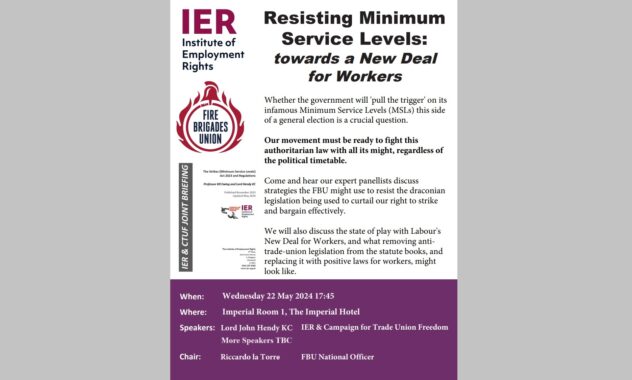Forcing rail staff to work during strikes would be ‘a disaster’, unions warn
Mick Lynch, general secretary of the RMT) answered questions in front of the Transport Select Committee in the House of Commons

Plans to legislate for minimum levels of service during rail strikes could have “unintended consequences” provoking further conflict, MPs were told on Wednesday.
The transport select committee questioned rail industry and union leaders about the legislation currently going through Parliament.
Mick Lynch, general secretary of the Rail, Maritime and Transport (RMT) union, told the committee he believes the law would be a “disaster.”
Critical workers such as signallers and train drivers would be “conscripted” to work even if they voted legally to strike, he said.
“It will be a complete pig’s ear. It is unsafe, it will not work and will not serve passengers.”
Mr Lynch said the law would spark “novel” forms of industrial action as well as unofficial walkouts.
He said the government often points to legislation in European countries, but highlighted recent strikes in France, Italy and Sweden.
Mr Lynch said the government does not understand how the railways operate and is “making it up” in terms of the legislation.
He warned that industrial relations would be “poisoned” by the new law, with the prospect of large numbers of workers being sacked, leading to huge consequences for the rail industry.
Mick Whelan, general secretary of the train drivers’ union Aslef, warned that the law would spark more strikes and other forms of industrial action.
He told MPs that unions have not been involved in industry workshops to discuss the planned legislation.
“In all my 38 years in this industry I cannot see how this can be done safely,” he said.
“There will be more action, and it will worsen industrial relations.”
The union leaders said laying down a minimum level of service would raise expectations among passengers about how many trains would run during a strike.
Mr Lynch said that would lead to anger when the “inevitable chaos” means there will not be a minimum level of service.
Even rail bosses cautioned against the plans, with Abellio Greater Anglia managing director Jamie Burles warning that “one of the unintended consequences would be further conflict.”
He said the “overriding” objective of the industry is to avoid strikes and have good industrial relations.
This article was first published in the Morning Star.







